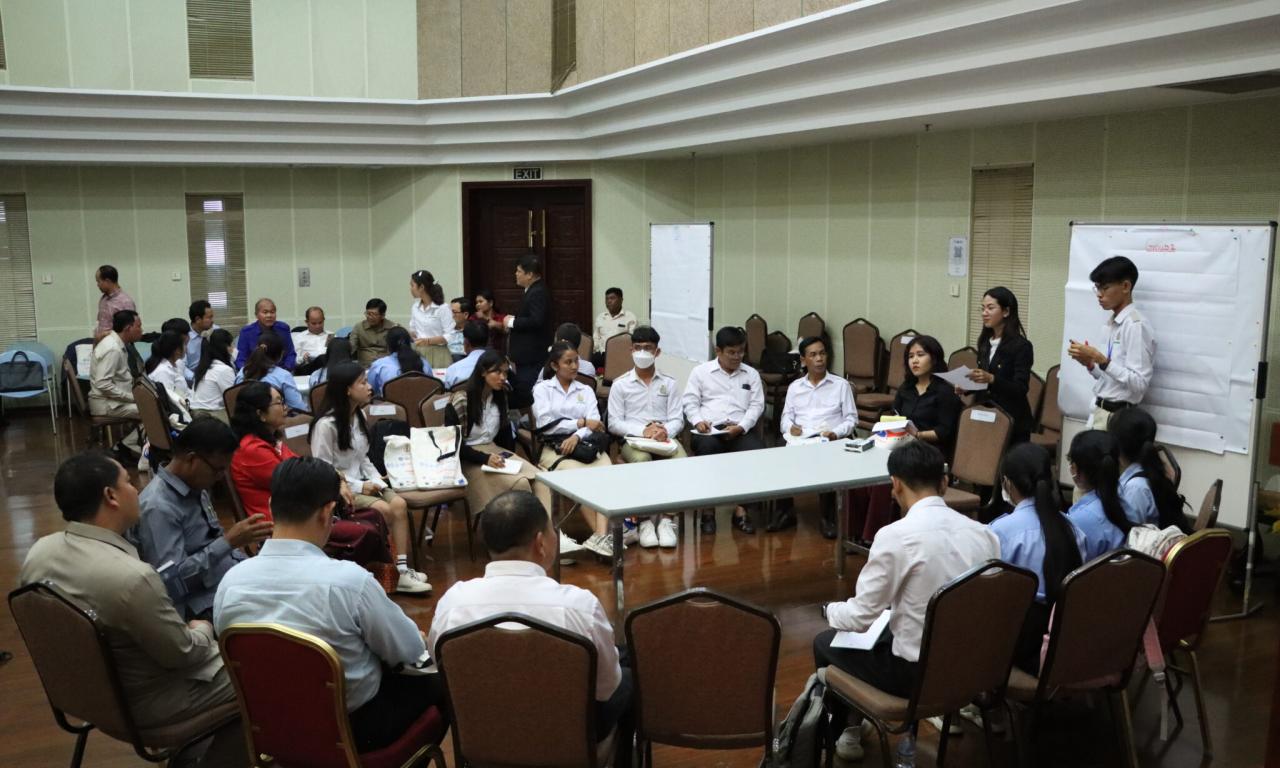
Cambodia’s Mekong Delta faces a food security crisis due to climate change, population growth, and fragmented water and land management. This disjointed approach hinders production of nutritious food and harms fishing communities. This fragmentation is evident at the village and commune levels, affecting irrigation infrastructure, Community Fisheries (CFis), Community Fish Refuges (CFRs), Community Based eco-tourisms (CBEs) and Agricultural Cooperatives (ACs), with each being overseen by separate and unconnected entities.
To achieve a sustainable food system, the CGIAR Initiative on Asian Mega-Deltas (AMD) recommend a shift towards a more balanced approach that prioritizes not just rice, but also nutrient-rich options like fish. This would involve efficient resource allocation, fairer access to food production, and environmentally friendly practices.